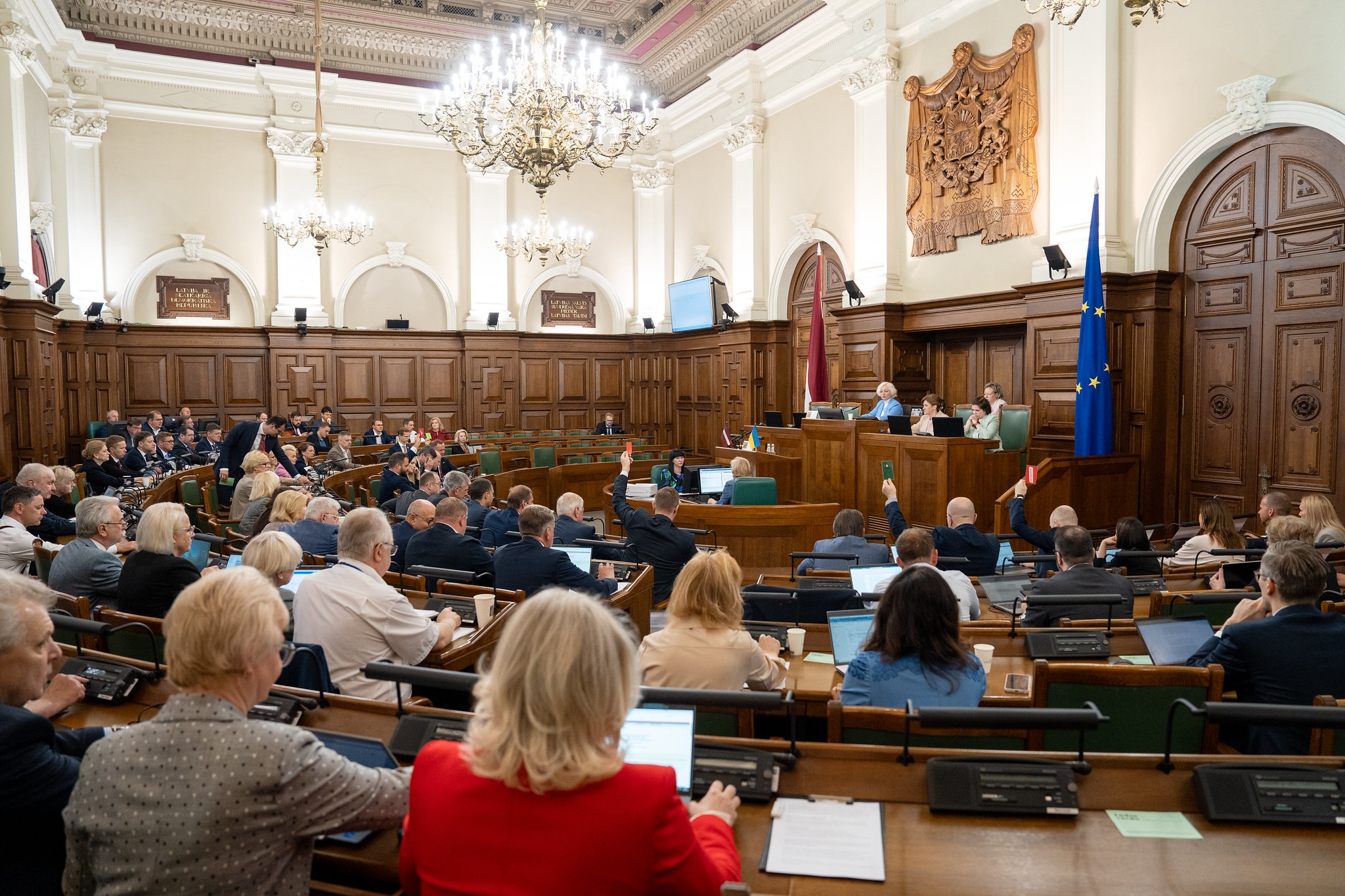
Main narratives:
- Latvians are Russophobic;
- The government does not care about you.
Overview:
The Alliance of Young Latvians’ latest TikTok content focuses on positioning the party as defenders against multiple perceived threats while leveraging victimization narratives. Rūdolfs Brēmanis highlighted criminal activity in Riga by discussing a car burning incident, strategically timing this coverage during municipal election season to imply he is the only politician addressing public safety concerns. Meanwhile, he exploited anti-immigration sentiment by hinting that the government and mainstream political parties are allegedly deliberately supporting the arrival of illegal immigrants in Latvia.
Glorija Grevcova employed a dual strategy of victimization and local governance criticism. She repeatedly highlighted anonymous hateful comments directed at her, including demands that she speak Latvian “instead of the language of aggressors” and calls for her to “go back to Russia,” using these attacks to reinforce narratives about the persecution of Russian speakers. Simultaneously, she criticized local governance by attacking Olaine city council’s approval of a garbage storage facility for dangerous waste, suggesting potential environmental disasters and implying municipal authorities don’t care about their constituents.
These narratives collectively construct the party as the sole protector of public safety, environmental concerns, and minority rights while portraying established authorities as either negligent or actively hostile. The content strategy combines personal victimization with local policy criticism and national security fears to create a comprehensive anti-establishment message tailored for social media engagement.









